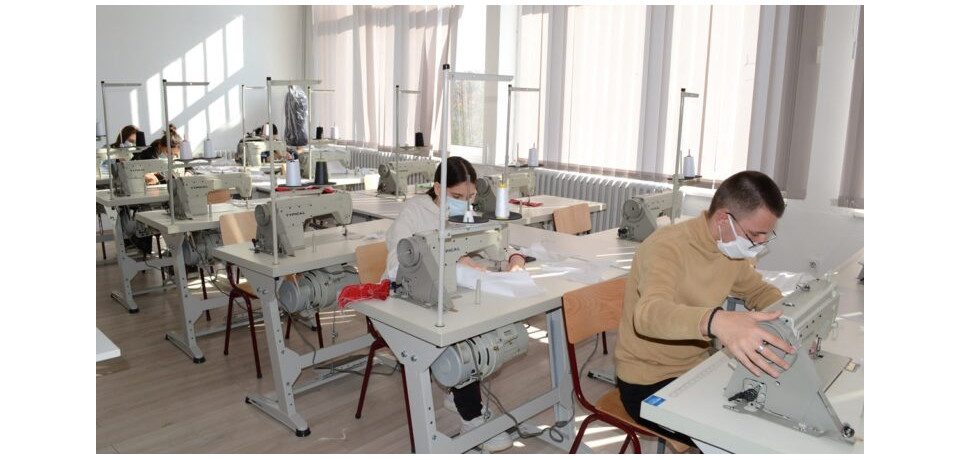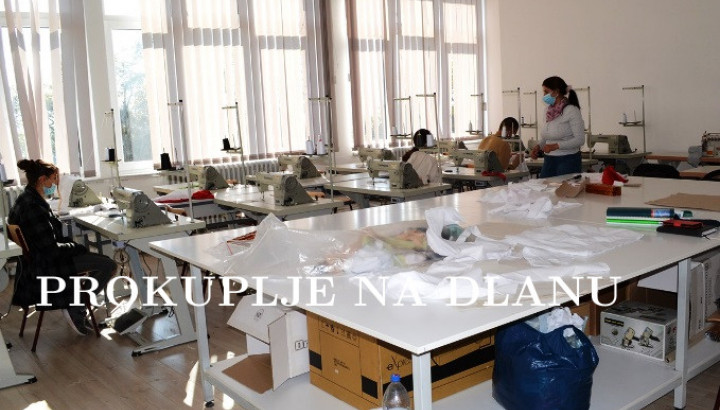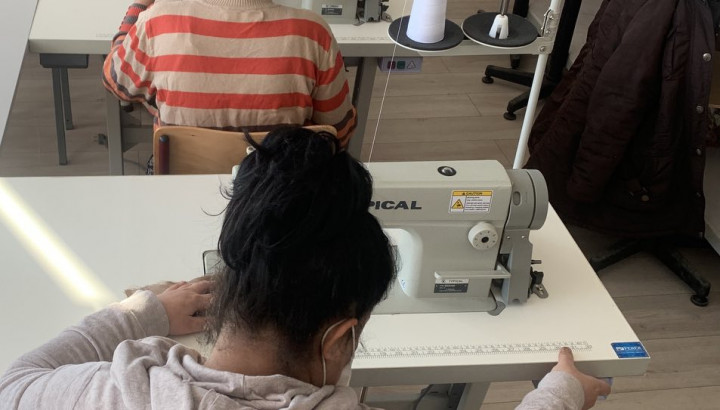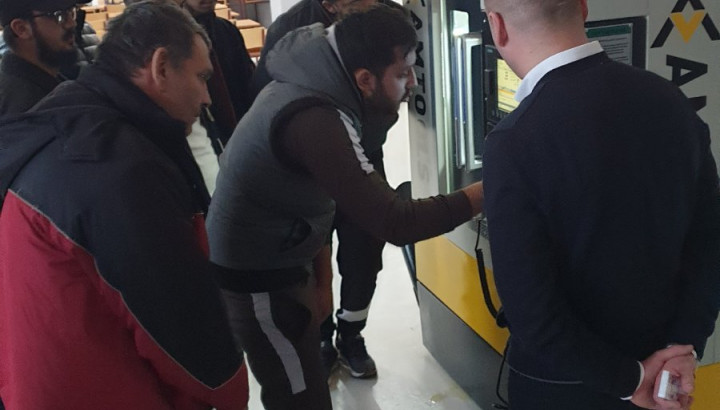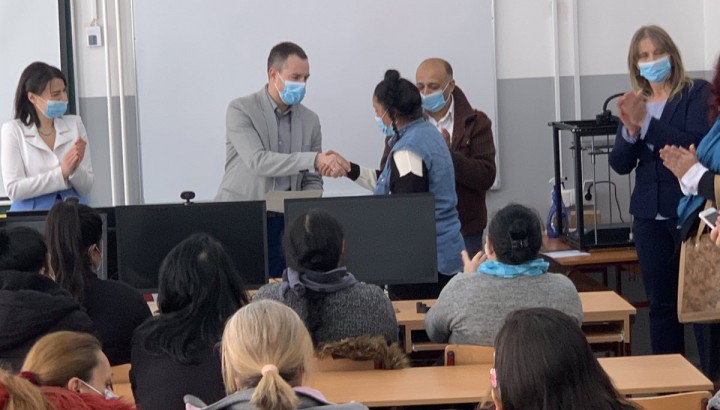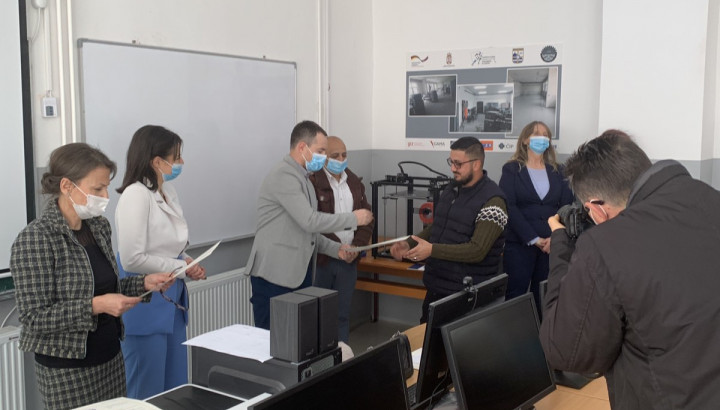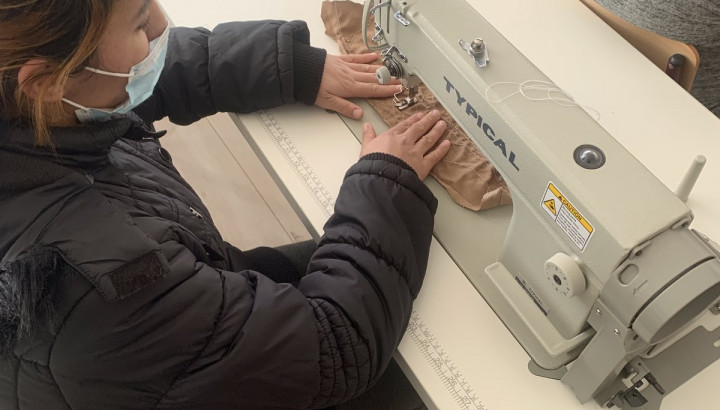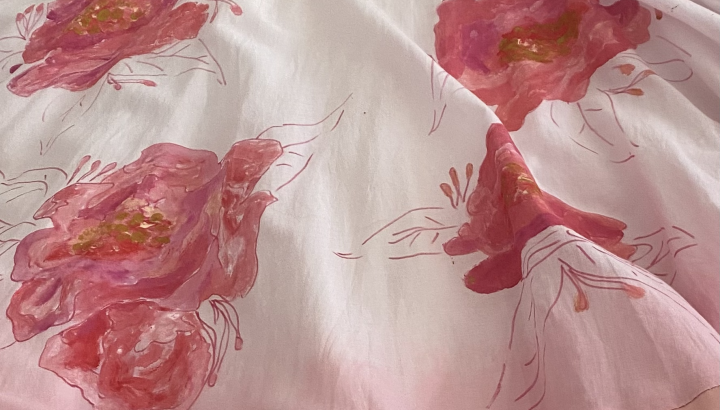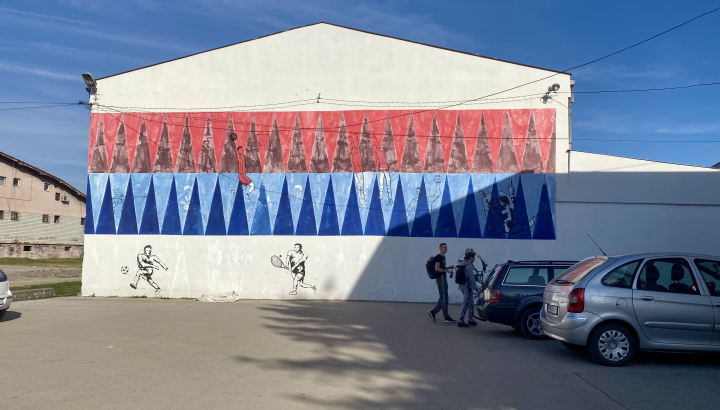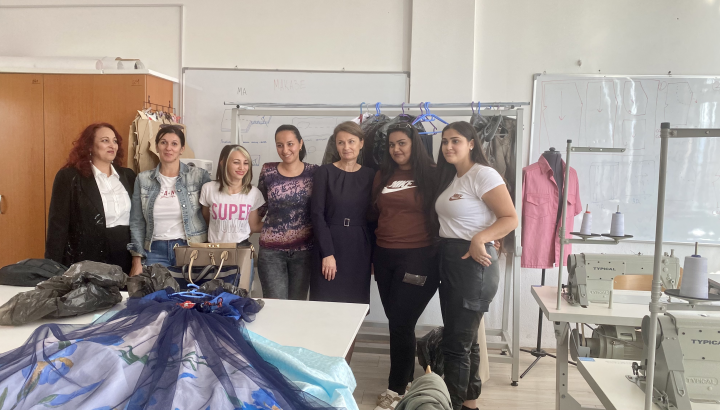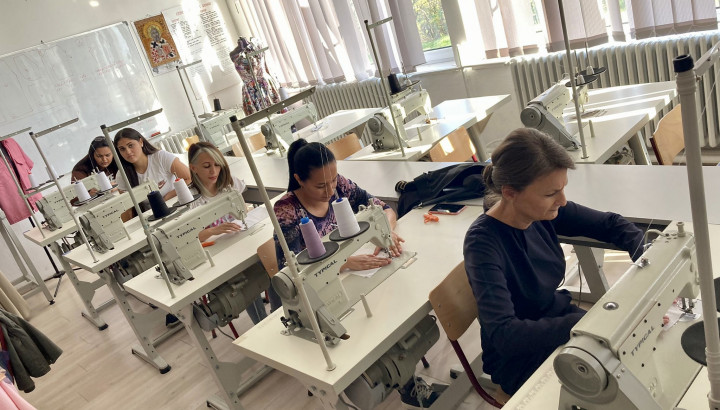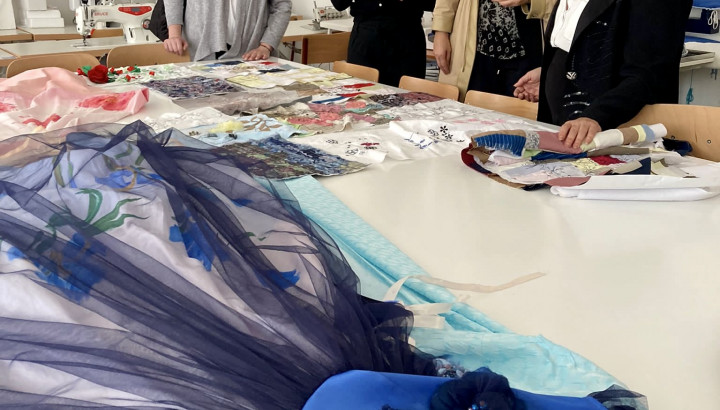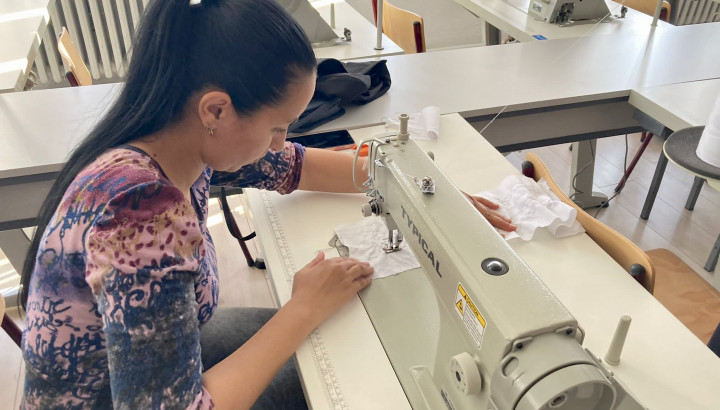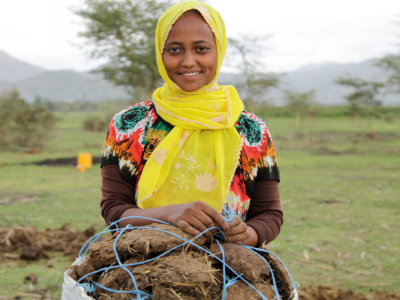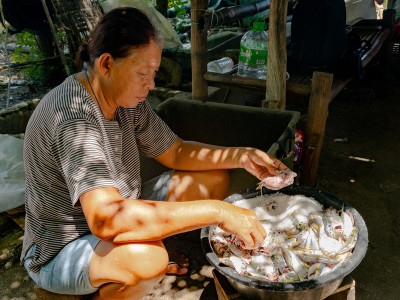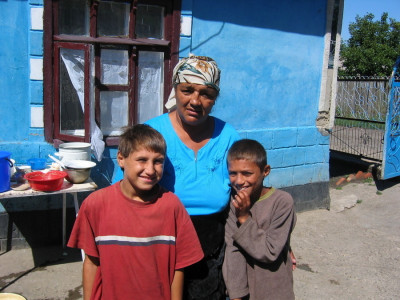JOBS – Job opportunities for business spreading, City of Prokuplje
Monika Petrovic, IOM Serbia, mpetrovic@iom.int
Jelena Maric Lukovic, UNDP Serbia, jelena.maric.lukovic@undp.org
Related Sustainable Development Goals and Global Compact for Migration Objectives
Summary
Under the readmission agreement registered by the Commissariat for Refugees and Migration (CRM), many Serbian people returning to the country are from the Roma community. Very few returnees are aware of assistance programmes available to them when they return, and so unfortunately there are significant challenges in reintegrating people readmitted to Serbia. The City of Prokuplje has replicated and expanded a good practice from a project previously implemented with Deutsche Gesellschaft für Internationale Zusammenarbeit (GIZ), where young people are trained and enabled to acquire necessary knowledge and skills to find a secure source of income, seeing as local companies are looking for a trained labour force and youth are looking for jobs.
As part of the IOM-UNDP Global Programme on Making Migration Work for Sustainable Development, the project focuses on the Roma population, especially women who mostly lack professional qualifications and contribute to high rates of informal employment in the Western Balkans region, and ensures that those who return from EU countries through readmissions are employed or self-employed.
Key objective
The main objective of the proposed project is the creation of positive local conditions for dignified employment through training and job placement support which enables the integration of Roma members into the local community in the City of Prokuplje.
Projects like this one aim to provide opportunities to young people in their hometowns, so that migration is no longer their only path forward but is instead a choice. By addressing SDG 1 (no poverty), SDG 4 (quality education) and SDG 8 (decent work), the hope is that more people will remain in Prokuplje and continue to see its economy and social bonds thrive. The project better links local educational opportunities and skills development to the needs of local employers, aligning the supply and demand sides of the local labour market and boosting the local economy more broadly.
Main activities
- Two six-month training sessions for tailorers, for returnees and vulnerable community members;
- Two six-month training programmes on Computer Numerical Control (CNC) machines for returnees and vulnerable community members;
- Supplying equipment to the Technical School Training Center to provide vocational training to Roma population in the long-term for sustainable education pathways;
- Providing individualized support for job searching and hiring, which all project beneficiaries can benefit from via a local employment center and direct communication with potential employers.
Key successes or innovative factors, good practices and lessons learned (if available)
- Technical School Training Center has been equipped with new teaching facilities, including a new textile classroom, machines, computers, etc. to improve training and ensure the sustainability of the project.
-
1 informal assessment of the needs of Roma community was conducted, which was led by the Roma Association Prokuplje. The assessment includes: socio-economic status (housing conditions, number of household members, income), educational structure (level of education, type of education, life skills), needs for additional training / retraining, labor market needs, etc.
-
The good cooperation and coordination between the Local Self Government of Prokuplje, the Roma Association and the local Technical School have ensured a whole-of-community approach and active engagement with beneficiaries that leads to effective implementation and good results.
-
The project adopts inclusive approaches that create leadership roles within the implementing parters. The Roma Association and some municipal staff members are young returnee Roma women acting as representatives of the people they are supporting in the direct design, management and implementation of the project. As such, the project ensures the activities are implemented for the benefit of Roma returnees.
See the case study on youth, employment and education in English and Serbian, with programming tips and stories.
See the case study on co-creating and empowering youth, Roma and migrants to develop solutions and policies jointly with governments in English and Serbian, with programming tips and stories.
Beneficiaries
Direct beneficiaries:
-
As of November 2022, nearly 100 beneficiaries completed the training on sewing and CNC skills (about 40 women on tailoring; 60 men on operating CNC machines).
-
As of November 2022, around 60 beneficiaries are currently attending the training (20 women on tailoring, 40 men on CNC machines).
-
During the implementation of the project, 20 young Roma men and women found employment in public works via the Roma Association in Prokuplje in coordination with the National Employment Service branch office in Prokuplje and the LSG of Prokuplje. Another 10 young Roma men and women were employed in public works in 2022.
-
During 2022, within the framework of the My First Salary program (through the National Employment Service program), two young Roma women have been employed at the Health Center in Prokuplje and two young Roma men in a metal factory.
See the draft Serbia results fiche in English and Serbian for more information (to be finalized at the end of the Programme in 2023).
Indirect beneficiaries:
- Technical school “15 May” Prokuplje,
- Local businesses that will find qualified people to employ
- The Roma community in the City of Prokuplje.
